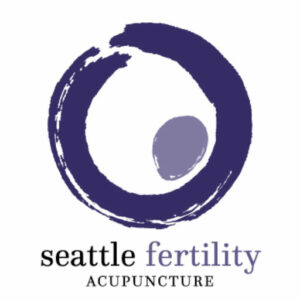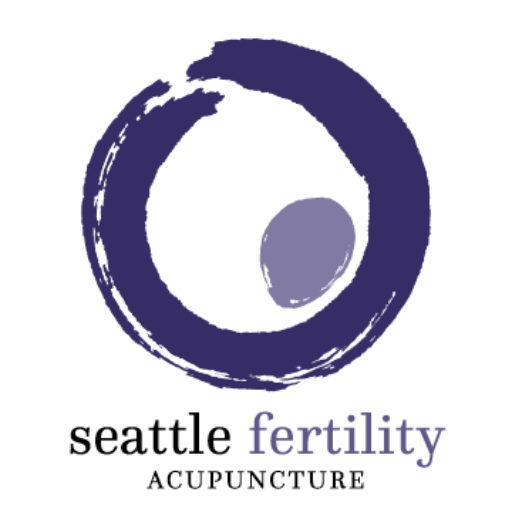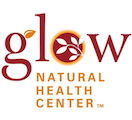Impact of whole systems traditional Chinese medicine on in-vitro fertilization outcomes Lee E. Hullender RubinMichael S. Opsahl Klaus E. Wiemer Scott D. Mis Aaron B. Caughey Received: November 11, 2014; Received in revised form: February 6, 2015; Accepted: February 10, 2015; Published Online:February 24, 2015 Reproductive Biomedicine Online
Highlights
- Whole Systems Traditional Chinese Medicine (WS-TCM) added to IVF may be beneficial.
- WS-TCM and IVF was associated with more live births compared with acupuncture and IVF.
- WS-TCM and IVF was associated with more live births compared with IVF alone.
- WS-TCM is individualized and includes acupuncture and other TCM interventions.
Abstract
Patients undergoing IVF may receive either acupuncture or whole-systems traditional Chinese medicine (WS-TCM) as an adjuvant IVF treatment. WS-TCM is a complex intervention that can include acupuncture, Chinese herbal medicine, dietary, lifestyle recommendations.
In this retrospective cohort study, 1231 IVF patient records were reviewed to assess the effect of adjuvant WS-TCM on IVF outcomes compared among three groups> these groups were
1.) IVF with no additional treatment
2.) IVF and elective acupuncture on day of embryo transfer
3.) IVF and elective WS-TCM.
The primary outcome was live birth.
Of 1069 non-donor cycles, WS-TCM was associated with greater odds of live birth compared with IVF alone (adjusted odds ratio [AOR] 2.09; 95% confidence interval [CI] 1.36 to 3.21), or embryo transfer with acupuncture only (AOR 1.62; 95% CI 1.04 to 2.52). Of 162 donor cycles, WS-TCM was associated with increased live births compared with all groups (odds Ratio [OR] 3.72; 95% CI 1.05 to 13.24, unadjusted) or embryo transfer with acupuncture only (OR 4.09; 95% CI: 1.02 to 16.38, unadjusted). Overall, IVF with adjuvant WS-TCM was associated with greater odds of live birth in donor and non-donor cycles. Furthermore, hese results should be taken cautiously as more rigorous research is needed.



